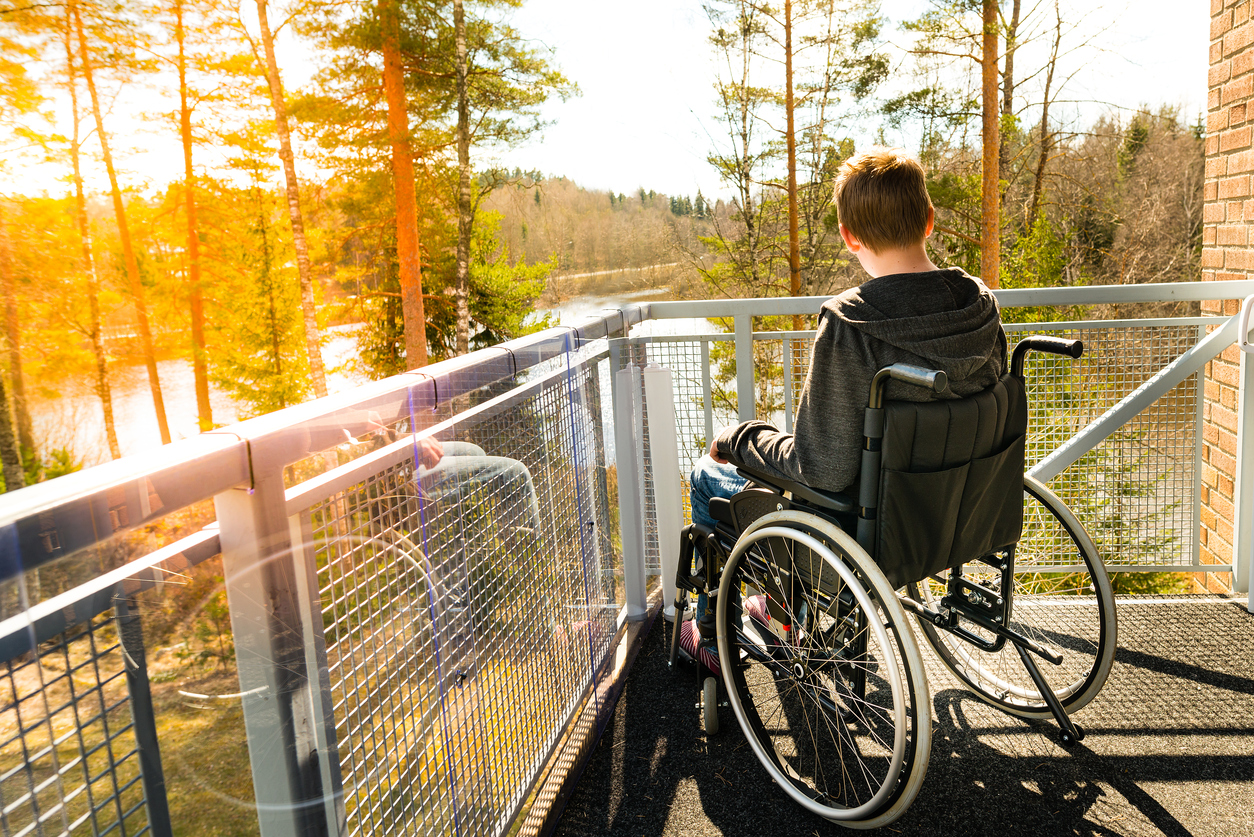Catabasis craters after giving up on muscular dystrophy lead

Catabasis has conceded defeat with its Duchenne muscular dystrophy drug edasalonexent, pulling the plug on the drug after a phase 3 trial echoed the results of a failed mid-stage study.
The PolarisDMD study failed across the board, leaving Catabasis with no choice but to abandon the drug, including an ongoing open-label extension study from an earlier failed trial in the muscle-wasting disease.
That decision leaves the Cambridge, Massachusetts biotech with a preclinical-stage drug for cystic fibrosis and just over $52 million in cash as it considers its future.
Shares in Catabasis lost two-thirds of their value in after-hours trading as investors reacted to the news, and the biotech said it was bringing in advisors to explore its options. Analyst Hartaj Singh at Oppenheimer said there is now “a lack of clarity on the way forward.”
Edasalonexent is an oral NF-kB inhibitor that works differently to approved DMD drugs like Sarepta's Exondys 51 (eteplirsen) and NS Pharma’s Viltepso (viltolarsen) which target specific DMD mutations.
It has been in clinical testing since 2011 – Catabasis’ first clinical candidate – and had been billed as a drug that could be used in patients regardless of the underlying cause of their DMD, and tackle three separate consequences of DMD – slowing muscle wasting, preserving cardiac function, and reducing bone fractures. Phase 2 data looked weak, but Catabasis ploughed on with phase 3 after convincing itself there were signs of efficacy.
As it turned out, edasalonexent failed to improve the primary endpoint in PolarisDMD, change from baseline in the North Star Ambulatory Assessment, as well as the secondary measure of timed function tests, compared to placebo.
Edasalonexent is also the second big failure for Catabasis, which was forced to abandon its previous lead drug CAT-20154 for high cholesterol in 2016 after it flunked a phase 2 trial programme.
“We are deeply saddened and disappointed by the results of our Phase 3 PolarisDMD trial,” said Jill Milne, Catabasis’ CEO.
“I want to sincerely thank all of the boys, their families and caregivers, investigators and the trial sites that participated in and enabled this programme,” she added.
The disappointing result comes as three potential gene therapies for DMD that could tackle the underlying genetic cause of the disorder are making their way through clinical development.
Those are Solid Biosciences’ SGT-001 – which recently restarted a phase 1/2 trial that had been placed under a clinical hold by the FDA while adverse events were investigated – as well as Pfizer’s PF-06939926 and Sarepta Therapeutics/Roche’ SRP-9001, which are both heading towards phase 3 testing.











